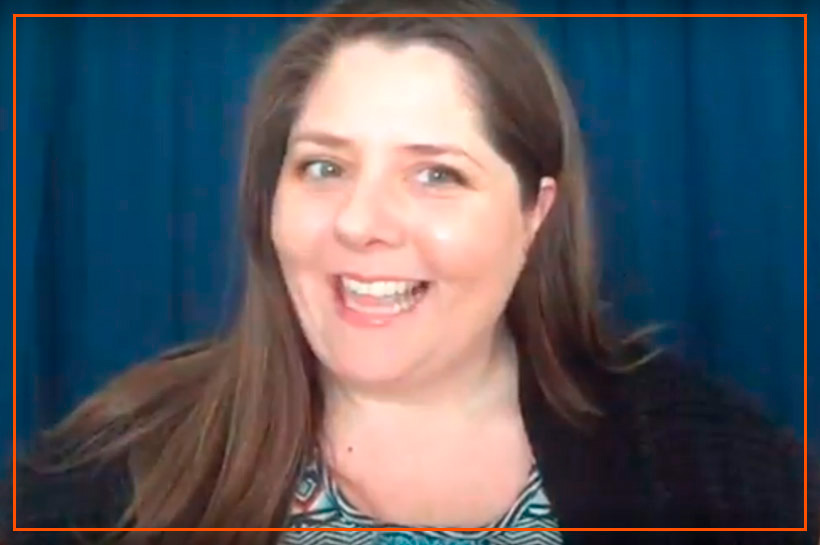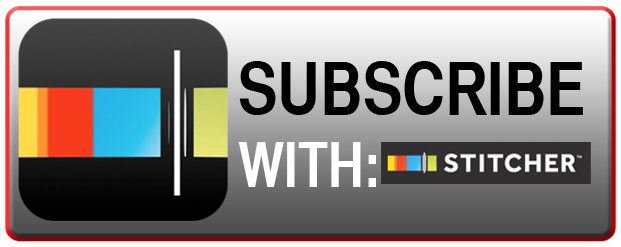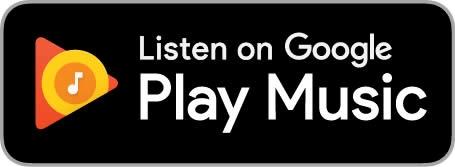What Are Your Favorite Ways to Procrastinate
Ah…procrastination…the “P” word that everyone thinks is bad. Let's take a look at some favorite ways to procrastinate, while trying to understand why we do it.
Ah…procrastination…the “P” word that everyone thinks is bad, but let’s be honest with ourselves…we all do it. I’m doing it right now by writing this when I could be doing a list of a million other things. It’s a really strange phenomenon that people tend to put off the things that are most important to them. But WHY do we always seem to do it during our most life-changing moments, when there’s something we REALLY want to be doing that could be a path-to-greatness, amazing thing to do? And why do we procrastinate with things we don’t even really want to be doing (like laundry) in place of the awesome ones?
I don’t know the scientific answers to these questions, but I do know my own experiences. I always find myself about to sit down to do something life-changing, and then I think to myself, “Oh, maybe I should just get the dishes done first” or “I should really do my makeup for the webinar I’m doing this afternoon. It’ll just take a minute” or even worse, “I think there’s some laundry that needs to be put away” (the problem here is that there’s ALWAYS laundry that needs to be put away).
Sometimes we WANT to procrastinate, because when you plan everything out and take it slow and calmly, there’s no rush at the end that gives you adrenaline as you race your way to the finish line. Some of us work best in that state of mind, so we actually procrastinate just to get there because it can be kind of a let-down without the excitement at the end.
Some of my absolute favorite ways to procrastinate are folding laundry, email (which can be productive or a big time-waster), and writing blogs like this one. I also always find myself saying, “Well, I was going to make a Facebook Live video later, but maybe I’ll just do one right now,” which isn’t always a bad thing for me because I’m an extrovert, and I thrive off of interacting with my viewers. I’m motivated by it. So, even though I’m procrastinating, it’s productive procrastination.
Productive Procrastination
When I was in grad school, I got into trouble (as I so often did when I was working for someone else) for having individual tutoring sessions with students where I taught them how to procrastinate effectively. Resisting the urge to procrastinate actually does you no good because it causes more stress, which in turn causes the brain to shut down, so you’re just not as effective. The trick is to make sure your calendar is blocked off a full day ahead of time. Acknowledge that you’re probably going to wait until the last second to get it done, but maybe you don’t have to lose sleep to accomplish that. Instead, maybe you can strategically plan your calendar by building in twice as much time as you think you’re going to need so you’re not rushing up against other deadlines (like sleep).
Another trick is to understand that sometimes you just won’t get as much sleep as you really should. Although sleep and self-care are absolutely the best things you can do to help yourself be MORE productive, sometimes you have to get creative with how you’ll get your brain to be fully functioning. One of these ways is to set a number of hours you are going to sleep, sleep that number of hours (no more, no less) during the same hours every night. Then, ideally, during the day, block off 20-30 minutes at the same time every single day for a meditation session or power nap. Keeping your body on a strict schedule like this allows your brain to adjust to routine and operate at full capacity.
If you are a big procrastinator or have “Happy Puppy Syndrome” like me, you tend to wag yourself out and get exhausted because you’ve put TOO much energy into something too quickly. Give yourself 2-3 big priorities each day, and focus on those 2-3 things as your rock for the day. Those are your main points of focus, and everything else just falls in around them.
So, what are your favorite ways to procrastinate? And what are you up to this week? Give yourself 2-3 main priorities each day, and even if it takes you the whole day to do it, that’s okay! Procrastinate away, but do it effectively so you’re not hurting yourself (or your work) in the process.
Want some help figuring out how you can set up some ways to Productive Procrastinate?













